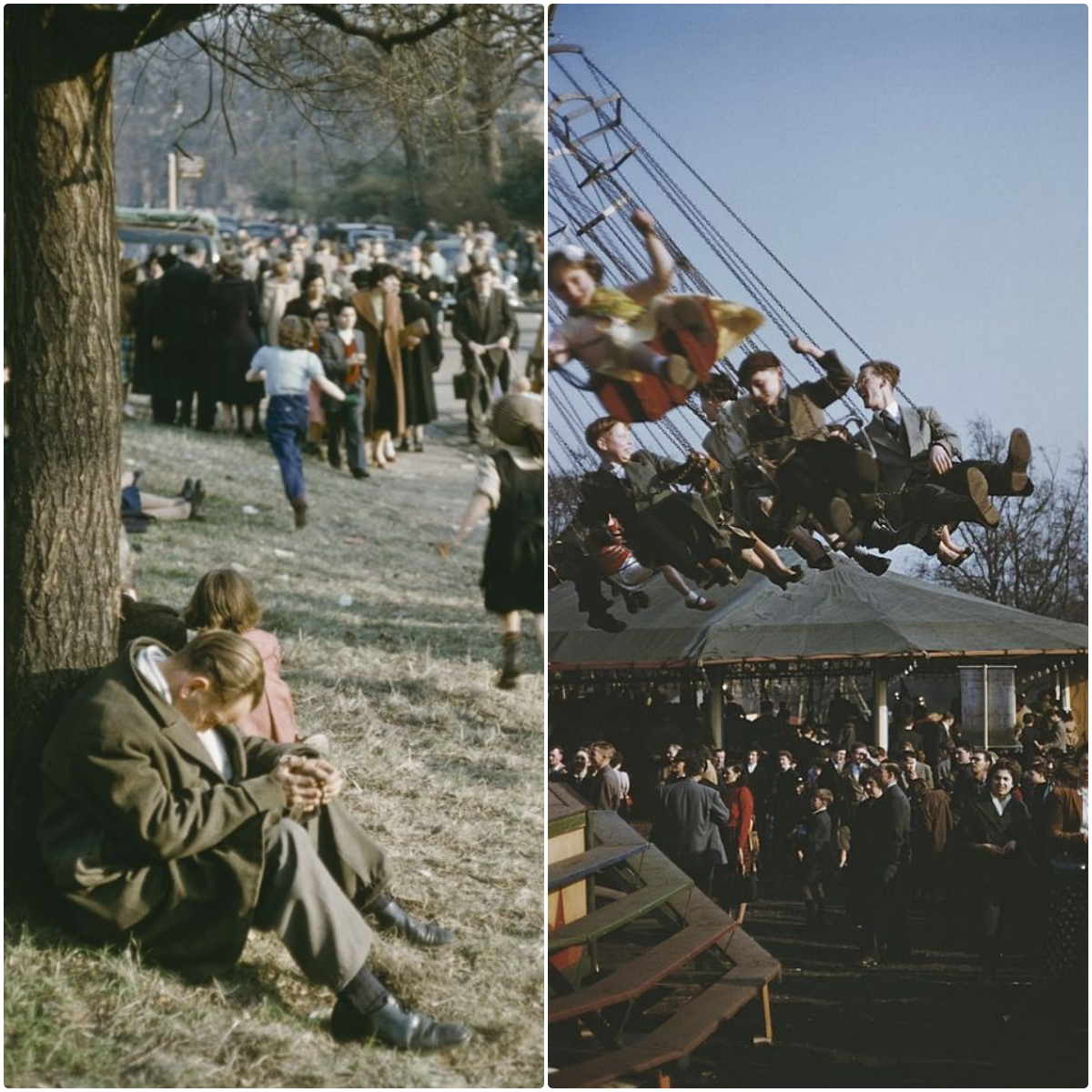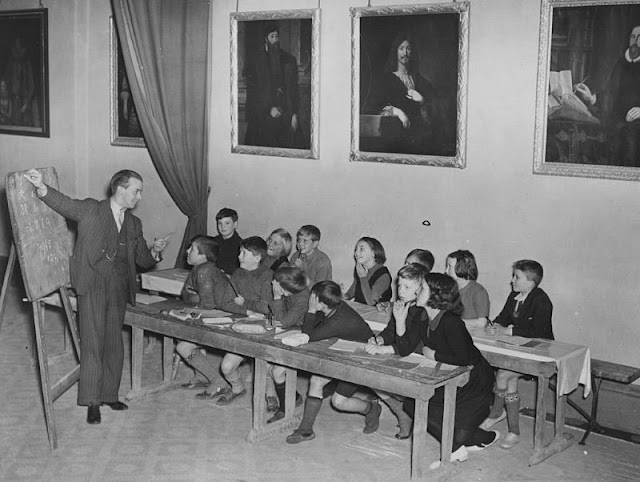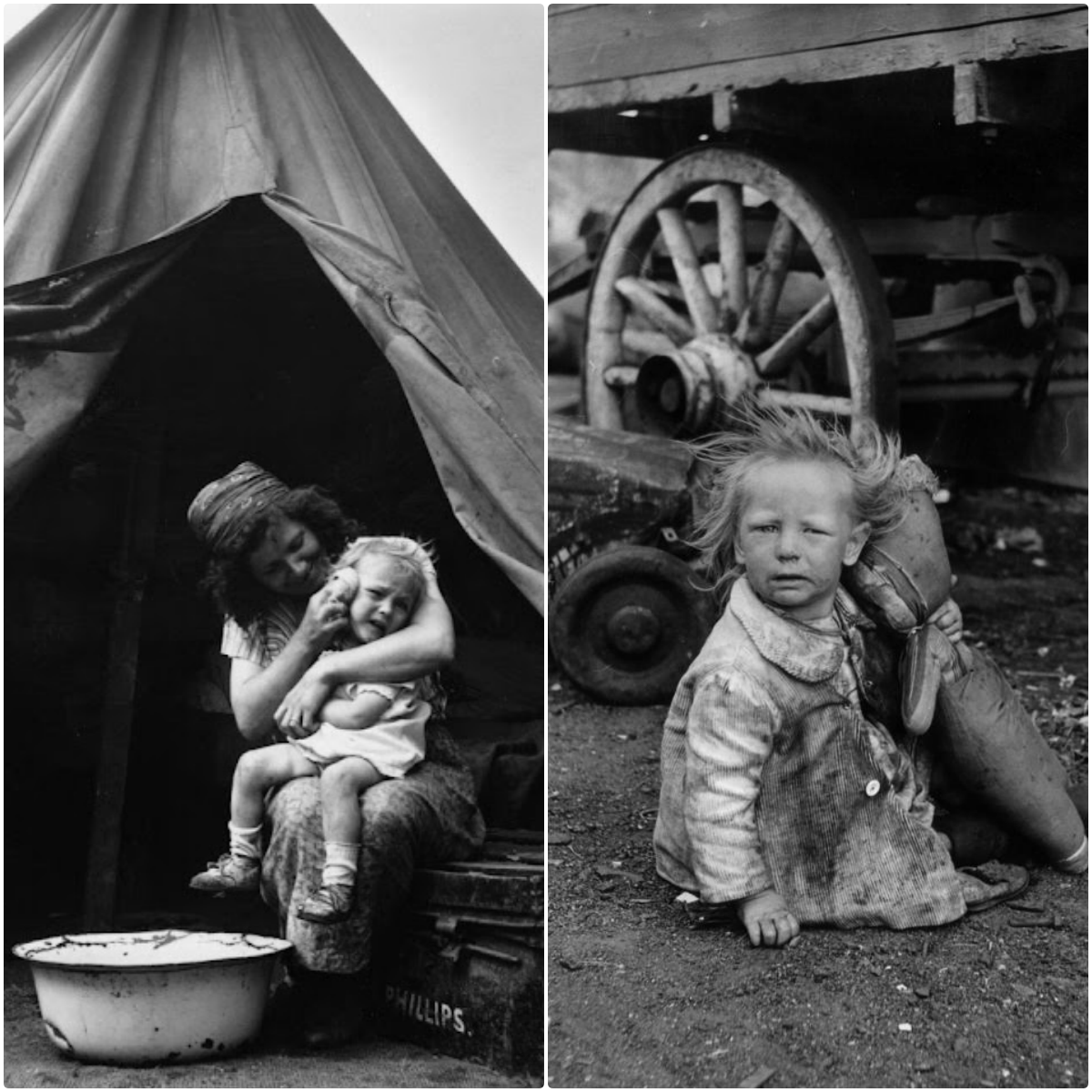Swinging London is a catch-all term applied to the fashion and cultural scene that flourished in London in the 1960s. It was a youth-oriented phenomenon that emphasized the new and modern. It was a period of optimism and hedonism, and a cultural revolution. One catalyst was the recovery of the British economy after post-World War II austerity which lasted through much of the 1950s.

Journalist Christopher Booker, a founder of the satirical magazine Private Eye, recalled the “bewitching” character of the swinging sixties: “There seemed to be no one standing outside the bubble, and observing just how odd and shallow and egocentric and even rather horrible it was.” Swinging London was defined by Time magazine in its issue of April 15, 1966 and celebrated in the name of the pirate radio station, Swinging Radio England, that began shortly afterward.
The Swinging London saw a flourishing in art, music and fashion, and was symbolized by the city’s “pop and fashion exports”, such as The Beatles, as the multimedia leaders of the British Invasion of musical acts; the mod and psychedelic subcultures; Mary Quant’s miniskirt designs; popular fashion models such as Twiggy and Jean Shrimpton; the iconic status of popular shopping areas such as London’s King’s Road, Kensington and Carnaby Street; the political activism of the anti-nuclear movement; and the sexual liberation movement.
Shaping the popular consciousness of aspirational Britain in the 1960s, the period was a West End-centred phenomenon regarded as happening among young, middle class people, and was often considered as “simply a diversion” by them. The swinging scene also served as a consumerist counterpart to the more overtly political and radical British underground of the same period. English cultural geographer Simon Rycroft wrote that “whilst it is important to acknowledge the exclusivity and the dissenting voices, it does not lessen the importance of Swinging London as a powerful moment of image making with very real material effect.”






































